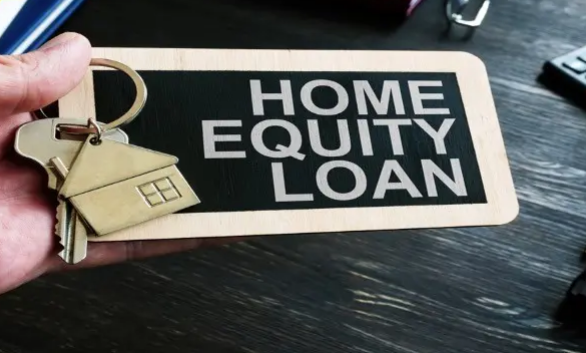If you’re a homeowner in need of funds but don’t have a regular income, you may be wondering if it’s possible to get a home equity loan. While traditional lenders often require proof of income, there are alternative options available for borrowers with no income or non-traditional income sources. In this article, we will explore the steps you can take to secure a home equity loan with no income and achieve your financial goals.
Understanding Home Equity Loans
Before we delve into the specifics of obtaining a home equity loan with no income, let’s first understand what a home equity loan is. A home equity loan is a type of second mortgage that allows homeowners to borrow against the equity they have built up in their property. Lenders assess the loan amount based on the value of the home and the amount of equity owned by the borrower.
Home equity loans typically offer lower interest rates compared to personal loans or credit cards, making them an attractive option for homeowners in need of funds. Repayment terms for home equity loans usually range from five to 30 years, with fixed monthly payments. However, it’s important to note that there are associated closing costs and fees, and failure to make payments can result in foreclosure.
Can You Get a Home Equity Loan with No Income?
While most conventional lenders require borrowers to have a stable source of income, there are home equity loan options available for individuals with no income or alternative income sources. Lenders may consider other factors in lieu of traditional income verification, such as credit score, credit history, equity ownership in the home, loan-to-value ratio, alternative sources of income, a co-signer’s financial health, and collateral or assets.
Let’s explore some of the options for obtaining a home equity loan with no income:
Stated Income, Verified Assets (SIVA) Loan
A Stated Income, Verified Assets (SIVA) loan is a type of home equity loan that does not require income documentation. Instead, borrowers must provide proof of their assets, including bank, investment, and retirement accounts. SIVA loans are popular among professionals in cash-heavy professions or self-employed individuals.
No Income, Verified Assets (NOVA) Loan
A No Income, Verified Assets (NOVA) home equity loan is suitable for retirees who have significant assets but no regular source of income. Lenders use the borrower’s assets as collateral for the loan, allowing them to access their home equity without the need for income verification.
Tips for Improving Your Chances of Approval
While it may be challenging to be approved for a home equity loan with no income, there are steps you can take to improve your chances:
Explore Alternative Sources of Income: Some lenders may consider other types of income, such as rental income or self-employment income, when evaluating your loan application. Be sure to provide documentation and proof of these alternative income sources.
Build Excellent Credit: Having a strong credit score can increase your chances of qualifying for a home equity loan with no income. Aim for a credit score of 800 or higher, and take steps to improve your credit by paying bills on time, keeping credit card balances low, and minimizing new credit applications.
Consider a Co-Signer: Having a co-signer with good credit and a stable income can significantly improve your chances of getting approved for a home equity loan. However, keep in mind that if you default on the loan, your co-signer will be responsible for repayment.
Shop Around for Lenders: Different lenders have varying criteria for approving home equity loans with no income. Take the time to compare multiple lenders and find one that is more flexible and willing to work with your unique financial situation.
Explore Home Equity Loan Alternatives: If the requirements for a home equity loan are too strict, consider exploring other financial products that may better suit your needs and circumstances. Sale-leasebacks, reverse mortgages, and home equity investments are alternative options worth considering.
Conclusion
Securing a home equity loan with no income is possible through alternative lenders and loan programs. By understanding the requirements and taking steps to improve your creditworthiness, explore alternative income sources, and compare lenders, you can increase your chances of obtaining a home equity loan that meets your financial needs. Remember to consider the associated costs and risks involved and make an informed decision based on your unique circumstances. With careful planning and research, you can tap into your home equity and achieve your financial goals
